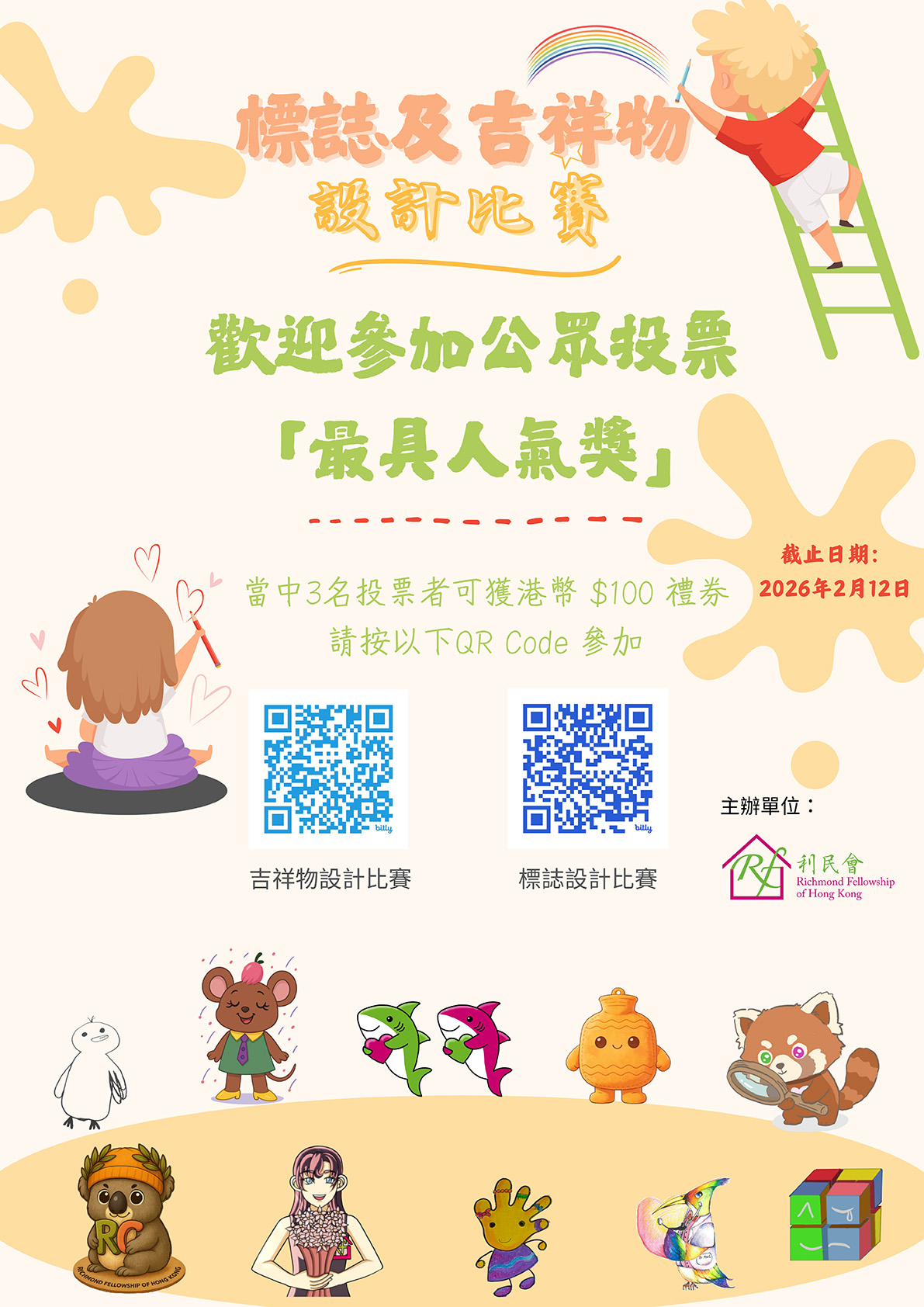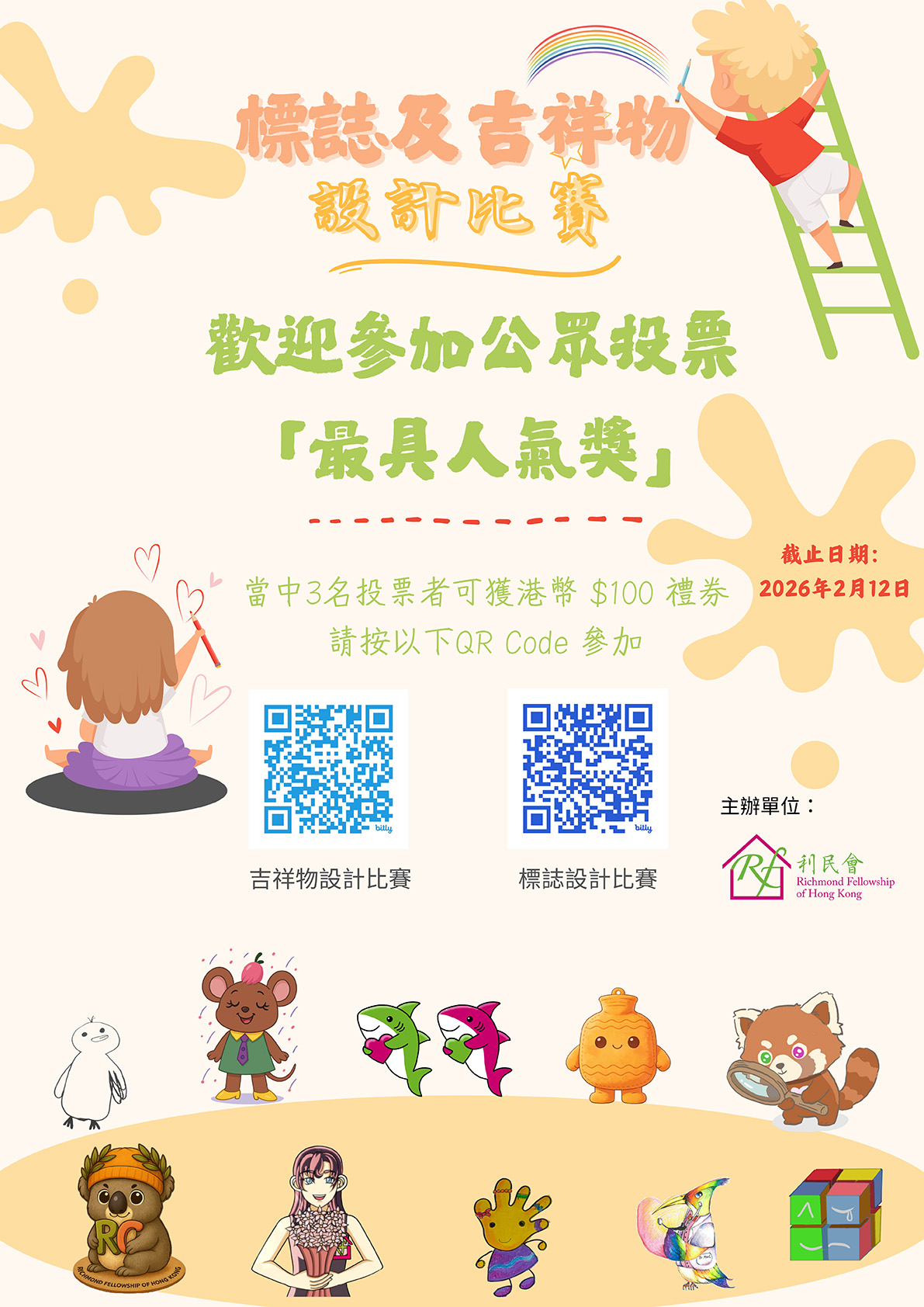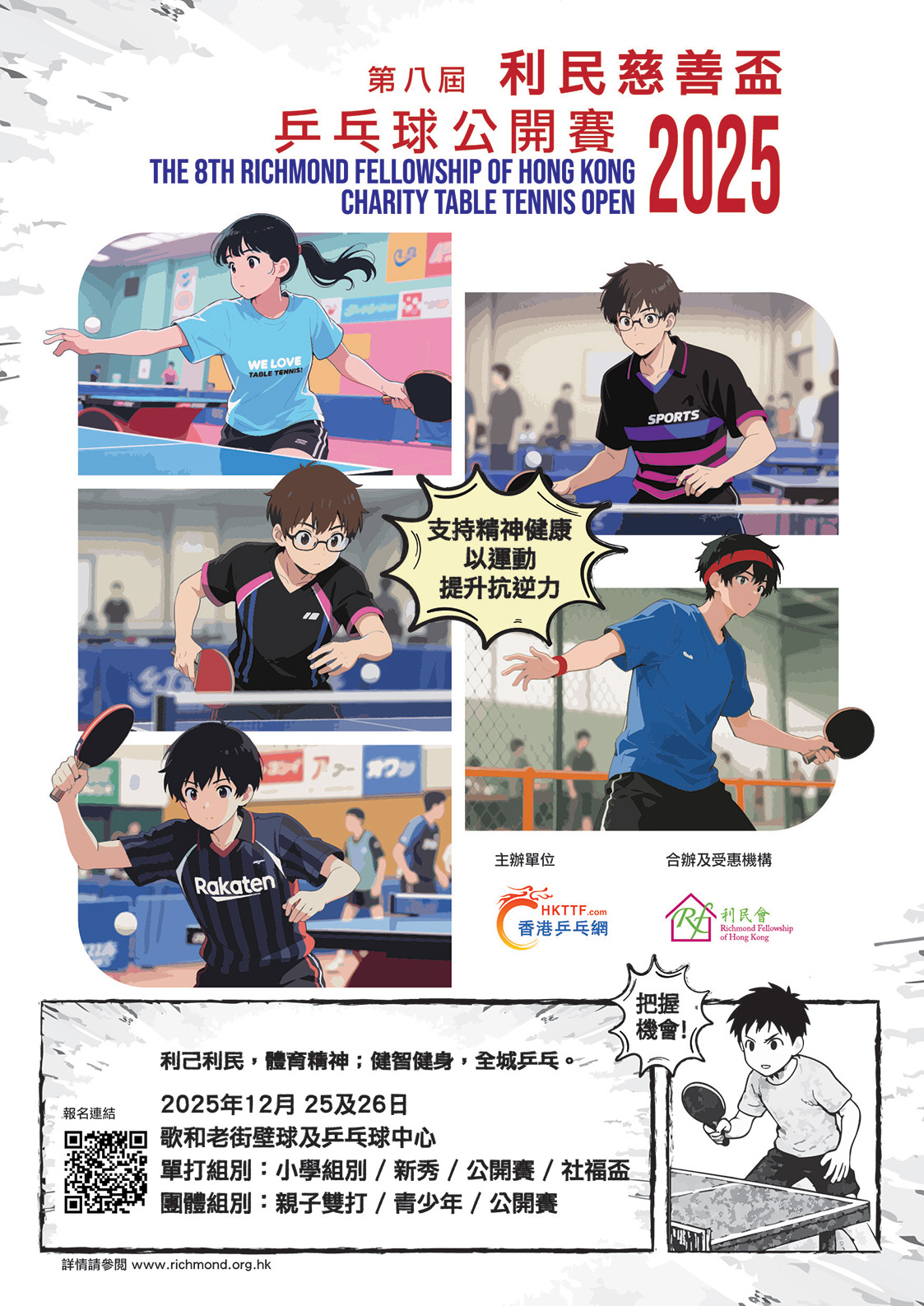《即時通》24小時精神健康守護同行計劃:熱線義工的問卷調查及焦點小組討論
背景及簡介
《即時通》24小時精神健康守護同行計劃由利希慎基金、周大福慈善基金及嘉里集團贊助,以一站式精神健康支援平台為大眾、會員和照顧者提供熱線服務以及線上諮詢和培訓。另外,亦對會員進行定期跟進和評估,以建立支持性融洽關係、資源網絡並防止舊病復發。
義工招募為定期進行,接受培訓後為來電者提供輔導服務。這些義工必須參加一系列培訓課程,包括實踐課程,然後才能成為熱線輔導員。
研究時期
2021年5月- 2022年10月
目標人群
《即時通》義工
目的
利用問卷調查的方法,評估培訓計劃對《即時通》義工的復元知識和態度的影響。
通過與義工的焦點小組訪談,收集意見和建議,以進一步改善和擴展《即時通》服務。
方法
問卷調查在培訓前和培訓後一個月進行,評估義工的復元知識和態度,包括在復元中的角色與責任、復元過程中的起伏、復元中自我定義和朋輩角色,以及對復元的期望 (Bedregal et al, 2006)。透過焦點小組訪談,探討義工參加培訓計劃的動機,以及他們在成為《即時通》義工過程中的收穫和變化。
結果
問卷調查
87 位義工完成了調查。約80%義工有大學或以上學歷,約53%義工有工作。
培訓後,整體復元知識有顯著提升(62.57 對 65.61,p = 0.005)。 尤其「復元中的角色與責任」(p = 0.012)和「復元過程中的起伏」(p = 0.003)有顯著改善(圖1)。
圖1 義工在培訓前後的復元知識(復元知識評估表-RKI)

焦點小組訪談
進行了兩次焦點小組訪談,共有10位義工參與。
他們參加培訓的原因之一是因為他們有一些密切的朋友和親戚出現情緒問題。另一個主要原因是他們正在修讀或已經完成了與心理學或輔導相關的課程。義工熱線服務為他們提供了實踐機會。
培訓後,義工對精神健康的認識更加豐富,對精神疾病患者的負面想法也減少了。他們變得更有耐性和同理心,更有信心與復元人士溝通。
結論
培訓結束1個月後,義工的復元知識明顯提升。義工在與有情緒問題的人互動時變得更有自信,也更正面和有同理心。培訓不僅提升了熱線服務水平,也豐富了義工的個人成長和專業發展。
參考文獻
Bedregal, L. E., O'Connell, M., & Davidson, L. (2006). The Recovery Knowledge Inventory: assessment of mental health staff knowledge and attitudes about recovery. Psychiatric Rehabilitation Journal, 30(2), 96.
背景及簡介
《即時通》24小時精神健康守護同行計劃由利希慎基金、周大福慈善基金及嘉里集團贊助,以一站式精神健康支援平台為大眾、會員和照顧者提供熱線服務以及線上諮詢和培訓。另外,亦對會員進行定期跟進和評估,以建立支持性融洽關係、資源網絡並防止舊病復發。
義工招募為定期進行,接受培訓後為來電者提供輔導服務。這些義工必須參加一系列培訓課程,包括實踐課程,然後才能成為熱線輔導員。
研究時期
2021年5月- 2022年10月
目標人群
《即時通》義工
目的
利用問卷調查的方法,評估培訓計劃對《即時通》義工的復元知識和態度的影響。
通過與義工的焦點小組訪談,收集意見和建議,以進一步改善和擴展《即時通》服務。
方法
問卷調查在培訓前和培訓後一個月進行,評估義工的復元知識和態度,包括在復元中的角色與責任、復元過程中的起伏、復元中自我定義和朋輩角色,以及對復元的期望 (Bedregal et al, 2006)。透過焦點小組訪談,探討義工參加培訓計劃的動機,以及他們在成為《即時通》義工過程中的收穫和變化。
結果
問卷調查
87 位義工完成了調查。約80%義工有大學或以上學歷,約53%義工有工作。
培訓後,整體復元知識有顯著提升(62.57 對 65.61,p = 0.005)。 尤其「復元中的角色與責任」(p = 0.012)和「復元過程中的起伏」(p = 0.003)有顯著改善(圖1)。
圖1 義工在培訓前後的復元知識(復元知識評估表-RKI)
焦點小組訪談
進行了兩次焦點小組訪談,共有10位義工參與。
他們參加培訓的原因之一是因為他們有一些密切的朋友和親戚出現情緒問題。另一個主要原因是他們正在修讀或已經完成了與心理學或輔導相關的課程。義工熱線服務為他們提供了實踐機會。
培訓後,義工對精神健康的認識更加豐富,對精神疾病患者的負面想法也減少了。他們變得更有耐性和同理心,更有信心與復元人士溝通。
結論
培訓結束1個月後,義工的復元知識明顯提升。義工在與有情緒問題的人互動時變得更有自信,也更正面和有同理心。培訓不僅提升了熱線服務水平,也豐富了義工的個人成長和專業發展。
參考文獻
Bedregal, L. E., O'Connell, M., & Davidson, L. (2006). The Recovery Knowledge Inventory: assessment of mental health staff knowledge and attitudes about recovery. Psychiatric Rehabilitation Journal, 30(2), 96.





